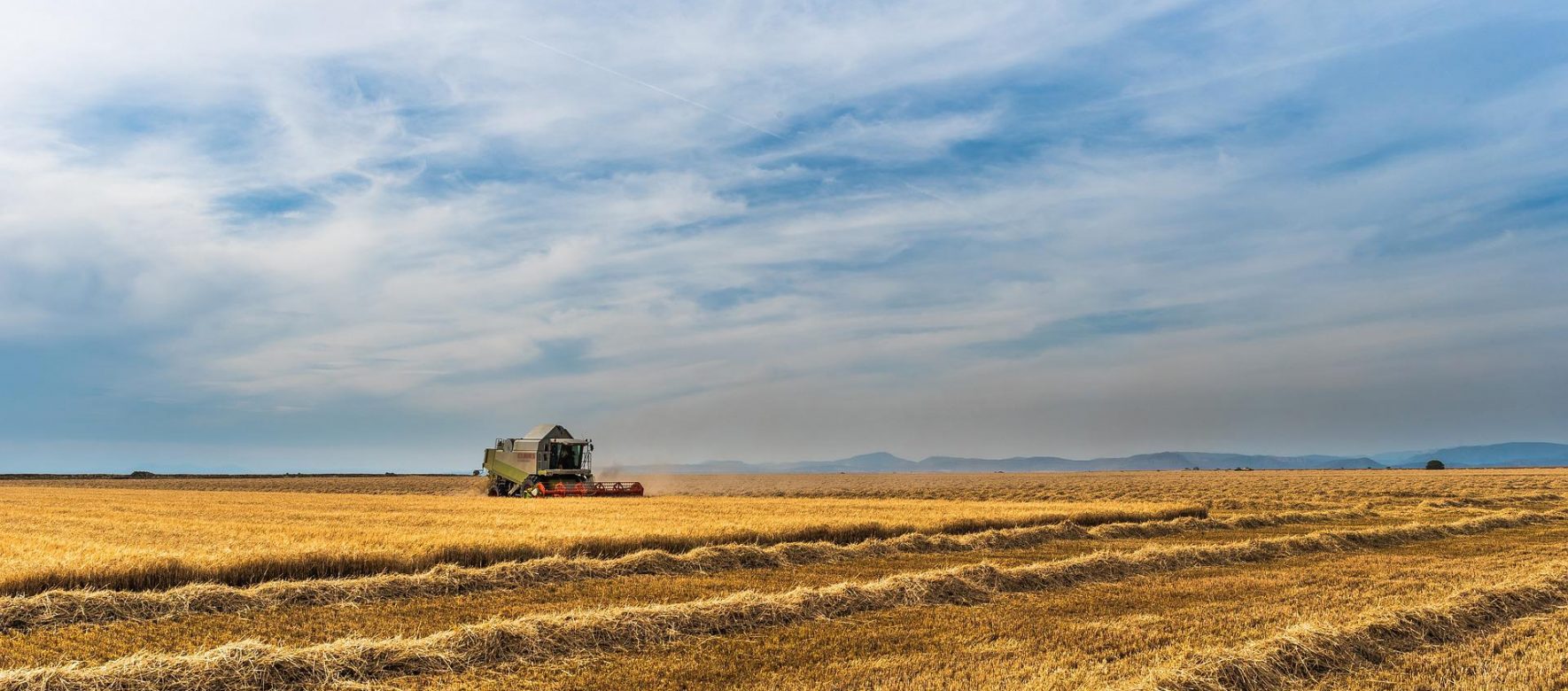Climate change will have high economic effects in Lebanon. It is expected to impact key sectors, in particular agriculture (1.4% of GDP) and tourism (14% of GDP). This will be affected in winter by the reduction in the number of days of snow, and in summer by the increase in forest fires caused by droughts and rising temperatures. As for agriculture, productivity losses will have very high socio-economic impacts, while 20% of Lebanese households have primary or secondary income linked to the sector.
The persistence of poor governance further compromises the capacity of the water sector – which directly affects exporting and job-creating sectors, such as agriculture and tourism – to respond to the impacts of climate change. However, given Lebanon’s dependence on external flows and food imports, any disruption to tourism and agriculture will have pronounced economic effects.
The World Bank therefore forecasts an annual decline of between -1.1% and -2% in real GDP by 2040 caused by climate change. The budget deficit is also likely to deteriorate further, given the need to respond to extreme weather events.
The recovery and adaptation of certain priority sectors are essential to ensure sustainable “redevelopment”.
The energy, waste management and water sectors are at the crossroads of economic, environmental and public health issues. Victims of chronic underinvestment, these infrastructures are today in a very degraded state. The recovery of the electricity sector appears to be a particular priority.
Lebanon is a very marginal carbon emitter (0.06% of global emissions) but will have difficulty remaining on the sidelines of the ecological transition, being a small economy open to a very carbon-intensive energy mix (95% oil). In addition, the overuse of generators is a factor in health (emissions of fine particles) and economic (additional costs for businesses and households) deterioration.
The energy transition would thus allow Lebanon to reduce its energy bill, equivalent to around 25% of GDP, and to support the rebalancing of its economy towards a productive model.
However, the Lebanese State is not in a position, at this stage, to manage or finance its ecological transition.
Estimated in the long term by the World Bank at more than $7.6 billion (i.e. 42% of GDP 2023), the required financing cannot be covered by national finances: budgetary revenues should reach only 17% of GDP in 2024 according to the finance law, and Lebanon is in a situation of sovereign default with no short-term prospect of restructuring its debt.
Donors, UN agencies and NGOs are trying to fill this void, but often in a local and fragmented manner. Part of the aid has certainly been used for the implementation of sectoral strategies (water, waste, environment, etc.), but their implementation is very partial given the deficiencies of the Lebanese State.
Donors most often finance, through donations, small projects with a local scope (installation of solar panels, protection and decontamination of targeted areas such as forests or lakes, monitoring of biodiversity, waste management at municipal level, etc.). ). If they can result in direct benefits for the populations concerned, these projects risk anchoring the ecological transition in a fragmented and disordered logic, at an inefficient cost and financed by foreign taxpayers.
The massive financing in recent years of donated solar panels, even though these investments are very quickly profitable, constitutes the most striking example.
Source: French Embassy in Lebanon








Réagissez à cet article